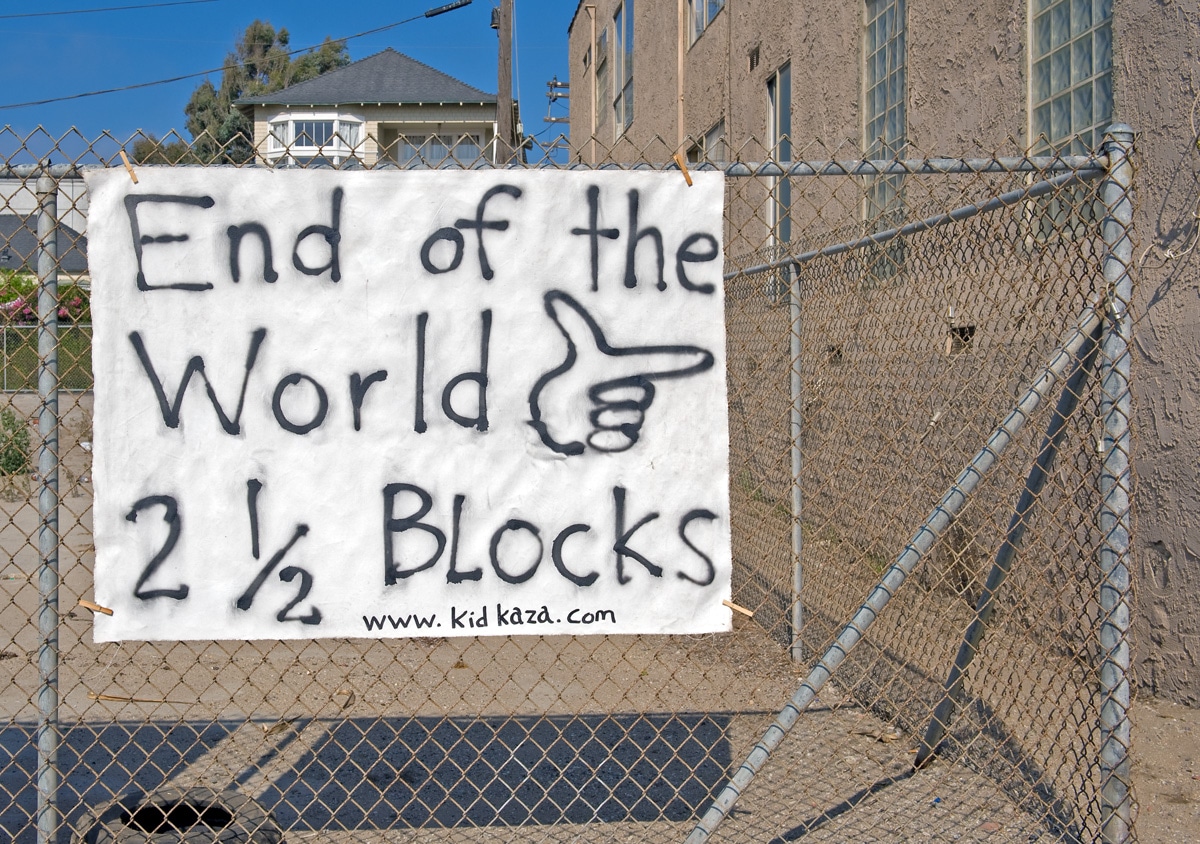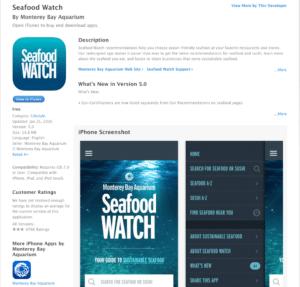By Joe Waters, Guest Contributor, Selfish Giving
I have a friend who is a “prepper”—a person who prepares for things certain and uncertain. You may think you’re a “prepper” because you have a few extra jugs of water and canned goods stored in your basement. Think again. You’re prepared to lose your power for a couple of days. A prepper is planning for the imminent destruction of the power grid, economic turmoil and social chaos. Think The Walking Dead, 2012 or Dwayne Johnson’s schmaltzy last movie San Andreas.
People have been talking about the end of the world since the beginning of it. But never have so many people profited from what’s being called the “Doom Boom.” There are shows and podcasts and websites devoted to preppers, and they are all selling advice and products to the estimated 3.7 million people who want to ride out doomsday. We’re talking about a multi-billion dollar industry!
Whenever I see growth in an industry like this one, I always ask, “How did it grow so quickly? What can cause marketers learn from those who are thriving in the survival business?”
I’ll be brief. Time is short!
Focus on Triggers
One reason doom has boomed is that people are pounded daily by stories that trigger worry, anxiety and prepping. Talk about terrorists, climate change and polluted water has turned everyday people into hoarders and survivalists and fueled the new Doom Boom industry.
But the news isn’t all bad. People are also surrounded by a growing CSR movement that asks ALL businesses to put purpose before profit. Social responsibility has triggered new opportunities for cause marketers.
For example, in Florida, the American Cancer Society (ACS) is working with the HVAC/R industry to turn the modest salvage fee ($25 – $50 per unit) contractors collect for disposing of old AC and heating “clunkers” into donations for ACS . The goal is to collected $10,000 in Florida and a million dollars nationally. (Disclaimer: American Cancer Society is a For Momentum client).
Make it Real
Another reason prepping has taken off is that people feel personally threatened by our uncertain world. It’s easier to get people to act when they feel like the issue directly impacts them.
The takeaway for cause marketers is persuasion occurs through identification. The more you can get people to personally identify with your cause, the more likely they are to support it.
For example, to engage American men around the European refugee crisis, Project Hive, the UN Refugee Agency’s innovation lab, launched targeted social media ads showing the number of people forced to leave their homes each day. That number, 42,000, is about the same as the number of people it would take to fill an American baseball stadium.
By connecting the issue with something men could relate to, Project Hive saw higher engagement levels from an audience that has been traditionally difficult to reach.
If you want something to be a big DEAL, you have to make it REAL for the people you hope to persuade.
Educate as You Persuade
The backbone of the prepping industry is education—teaching people how to survive when the lights (and water and phone) don’t come back on.
Some of the survivalist articles I found included:
“150 Items You Need to Stockpile Today”
“12 Lifesaving Canning Rules”
“14 Prepper Items to Look for at Yard Sales.”
I call this telling without selling. Instead of focusing on your needs—to raise money, for instance—savvy cause marketers put their audience first and teach them something they want or need to know. Serving as a resource to prospects builds trust and credibility and can drive donations better than strategies that push people to make a donation.
For example, the Monterey Bay Aquarium developed an app called Seafood Watch. This wasn’t an app about the aquarium and its exhibits, hours of operation or ticket sales. Seafood Watch is an app that helps consumers buy sustainable seafood. The app touches on a topic of concern both to socially responsible consumers and the aquarium. The aquarium taps an audience that is interested in sustainability but not necessarily the aquarium. In short, Monterey Bay Aquarium gets some new prospects to cultivate.
Educating as you persuade works whether you are selling backyard bunkers or raising money for a cause. Just remember that cause marketers are preparing for a better world, not a worse one.


